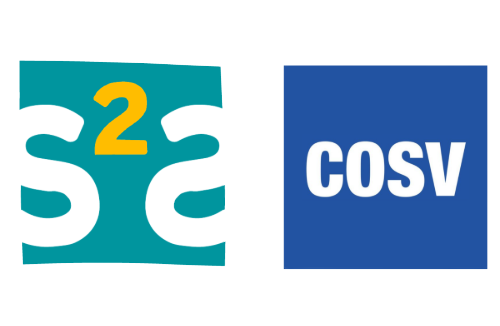The successful implementation of the piloted “School Enterprise Model” in Lebanon, facilitated through collaborative efforts between the Directorate General of Vocational and Technical Education (DGVTE) and Deutsche Gesellschaft für Internationale Zusammenarbeit GmbH (GIZ), stands as a noteworthy paradigm representing a potential inaugural instance of Public Sector Social Enterprise (PSS-E) in accordance with the Institutional Trajectories and Resulting SE Models – by Defourny and Nyssens (2016). This pioneering initiative bears the promise of significantly influencing the future trajectory of Technical and Vocational Education and Training (TVET) strategies in Lebanon, concurrently laying the groundwork for the establishment of a legal framework conducive to the proliferation of social enterprises within the national context.
The “School Enterprise model”, as herein conceptualised, is characterised as a form of social business that manifests a commitment to invest in the Vocational Education and Training (VET) sector. Positioned as an independent entity, this model is primarily founded by Vocational Training Institutions (VTIs) and Small and Medium Enterprises (SMEs), or other prospective investors demonstrating a willingness to elevate specific facets of VTI infrastructure into a competitive service provider entity. Significantly, this transformation is engineered while upholding the inherent educational and training objectives.
This policy paper meticulously analyses the challenges confronting the Technical and Vocational Education and Training (TVET) sector in Lebanon. It details the incorporation of three distinct school models, each incubating a fusion of three public Vocational Training Institutes (VTIs) and three SMEs under the umbrella of the Social Justice Incubation Programme (SJIP) implemented by COSV. The analysis presented within the paper underlines the transformative potential of these emergent entities, highlighting their profound impact on the students and the community, as well as on the governance structures of public vocational institutes. Such transformative interventions are anticipated to catalyse an elevation in the quality of education imparted and concurrently enhance employability prospects for individuals engaged in the TVET sector. The paper advocates for the sustainable integration of these innovative models within the broader educational landscape, foreseeing their capacity to effect positive change and foster inclusive prosperity.

